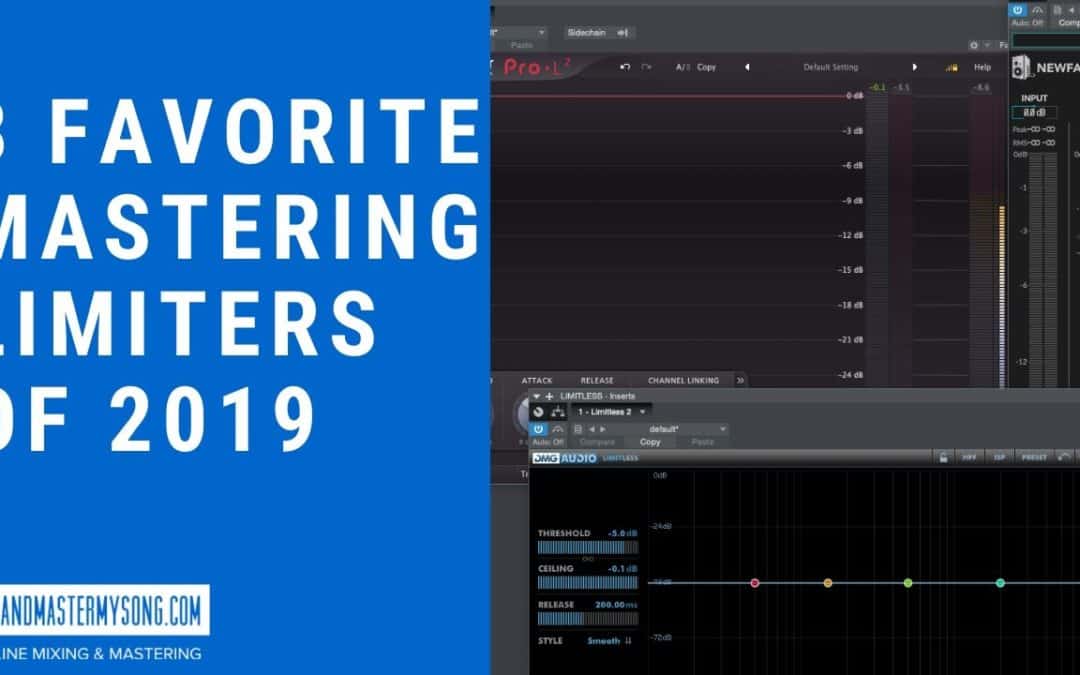

Mastering is not just the volume of your track. While we can’t control the listener’s choice of speakers, we can optimise our tracks so that they sound great across the board. People consume music on all sorts of devices and this can affect the sound quality. “Mastering is what gives depth, punch, clarity and volume to your tracks.” - Matt Forger, Recording Engineer & Producer (Michael Jackson, Quincy Jones)Īnother benefit of mastering is that it ensures our song translates to the widest possible range of listening systems - whether that be expensive studio monitors, an in-car stereo system or a pair of budget earbuds. Mastering your music will ensure your tracks stand out and compete with that ‘full’ sound that most of today’s commercial tracks embody. Since the 1940’s, commercial music has been getting louder and louder (termed 'the loudness war') - a look at the waveforms of the different releases of ABBA’s song 'Super Trouper' shows a familiar trend over several decades: It can make your tracks sound louder and fuller, giving off the impression of a higher quality sound. Mastering serves several important purposes.

Mastering music means you polish your mix to a professional level - enhancing it to the best it can be and preparing it for distribution. Mastering is the final step in the music production process.


 0 kommentar(er)
0 kommentar(er)
